Michael Ratner’s Death Is a Loss for Freedom, Peace and Justice
The human rights lawyer “knew that when you sue the powerful, you will often lose,” The Nation wrote. “But he also understood that such suits could prompt political action, and that … was often more important in achieving justice than the litigation itself.”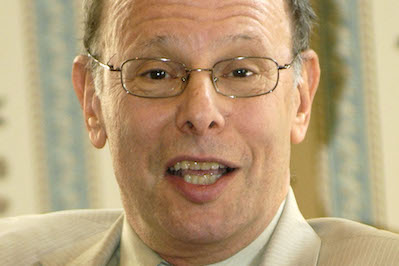 1
2
1
2

Michael Ratner. (Jamie-Andrea Yanak / AP)
With an uncertain future and a new administration casting doubt on press freedoms, the danger is clear: The truth is at risk.
Now is the time to give. Your tax-deductible support allows us to dig deeper, delivering fearless investigative reporting and analysis that exposes what’s really happening — without compromise.
Stand with our courageous journalists. Donate today to protect a free press, uphold democracy and unearth untold stories.
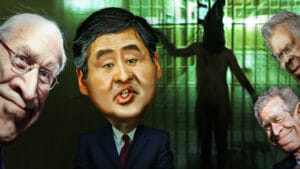
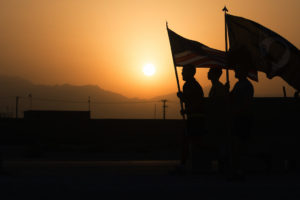
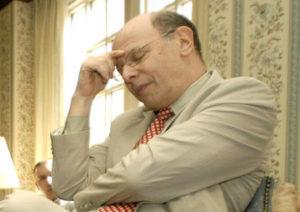
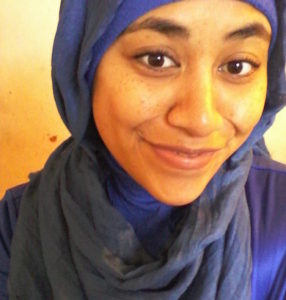
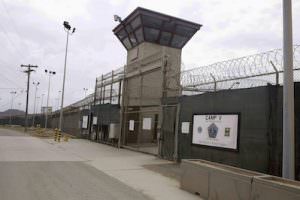
You need to be a supporter to comment.
There are currently no responses to this article.
Be the first to respond.